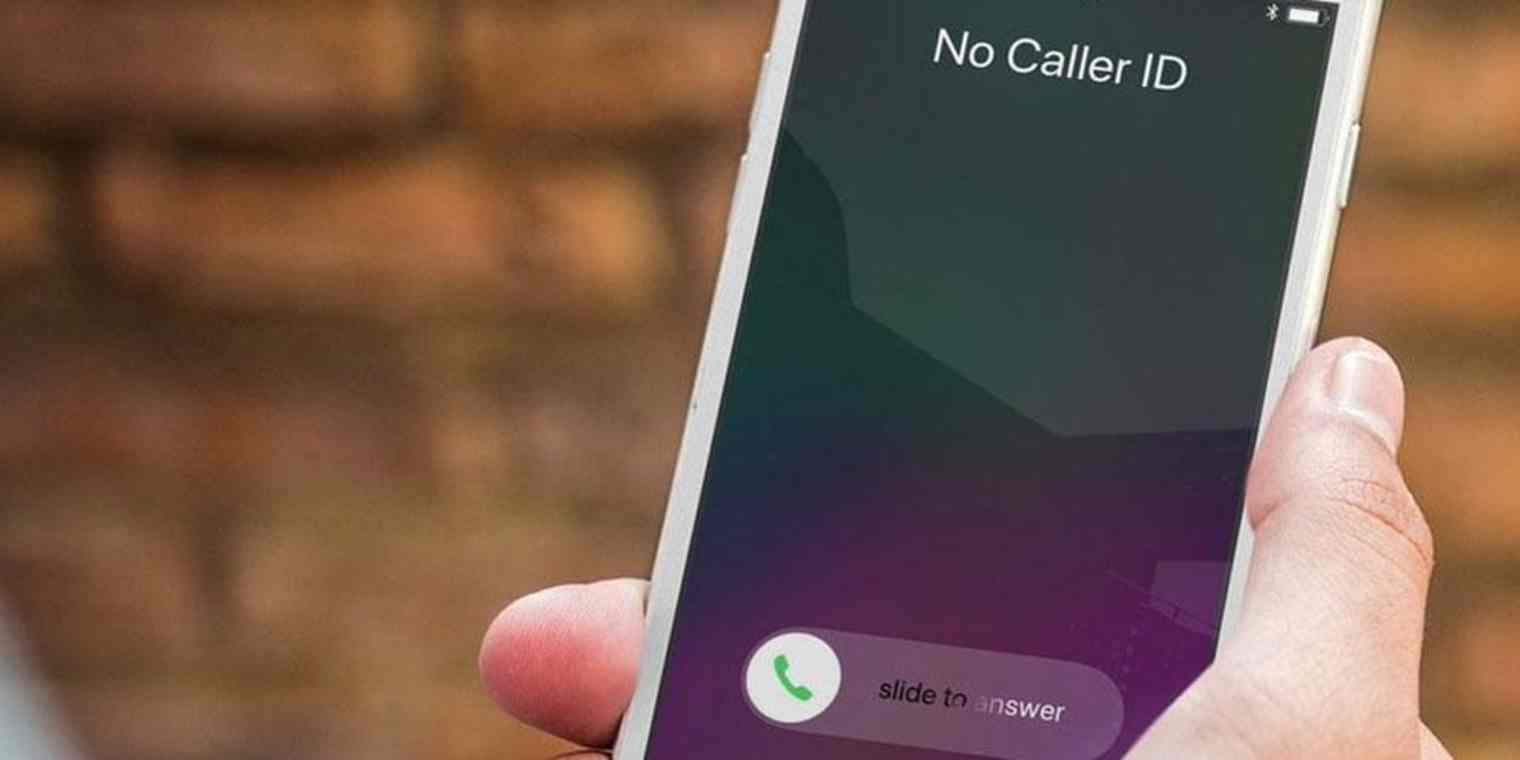App tips
7 min readHow to stop spam calls on iPhone, Android, and landlines
By Jessica Lau · November 20, 2024

Get productivity tips delivered straight to your inbox
We’ll email you 1-3 times per week—and never share your information.
Related articles
Improve your productivity automatically. Use Zapier to get your apps working together.









